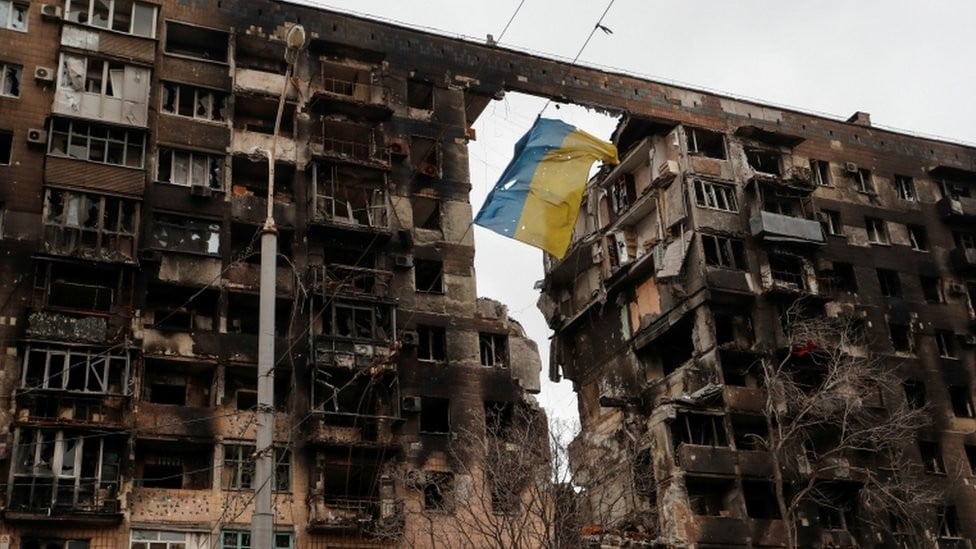 |
| These buildings in Bakhmut are among thousands destroyed across Ukraine as a result of the conflict with Russia. (Source: Getty Images) |
The IMF forecasts that Ukraine's GDP could grow by 1-3% in 2023, although there are still some growth risks.
Although the economy is still "sinking" in the military campaign with Russia, Ukraine's economic growth is no longer in a state of sharp decline like in 2022 - down to 29%, but "the recovery of this economy is really taking place from the beginning of 2023", the International Monetary Fund (IMF) commented in the recently released Regional Economic Outlook Report.
Specifically, in the context of ongoing military attacks and heavy damage to infrastructure, Ukraine's economy begins to recover in early 2023, growing by a revised 2.4% in the first quarter of the year and continuing to expand in the second quarter of 2023.
This overall economic recovery is due to the resilience of firms and households to recover even during the ongoing conflict, supported by a recovery in domestic demand and improving consumer and business sentiment.
Meanwhile, the foreign exchange market remained generally stable thanks to considerable international financial support.
However, “despite recent positive results, the duration and intensity of the conflict with Russia pose significant risks to the economic outlook. The medium-term outlook will still depend on the outcome of the military conflict, the scale of reconstruction spending, the return of migrants, structural reforms and the prospects for EU accession,” the IMF document said.
The IMF mentioned that since July 2023, the National Bank of Ukraine (NBU) has cut its cumulative key interest rate to 20%, as headline and core inflation have fallen at a faster pace than expected, giving the NBU room to further ease monetary policy in the coming months.
In August 2023, headline inflation fell to 8.6% year-on-year from 11.3% recorded in July and 26.6% by end-2022.
The sharp deflation reflects the easing of supply bottlenecks (including food and fuel), favorable foreign exchange market conditions amid a stronger hryvnia exchange rate and improved inflation expectations, IMF analysts pointed out.
International reserves grew significantly thanks to a better-than-expected current account balance and reduced foreign exchange outflows. Total international reserves exceeded $40 billion at the end of August.
In the first IMF assessment, Ukraine’s foreign exchange reserves are estimated to cover 4.1 months of imports of goods and services over the next year, partly reflecting a better-than-expected current account balance. Capital controls also help contain capital outflows from the economy.
“Foreign direct investment (FDI) inflows totaling about $2 billion so far this year and lower-than-expected foreign exchange outflows from the banking system also helped to underpin a strong international reserve position,” the IMF assessed.
However, Ukraine's fiscal deficit worsened compared to last year, as higher spending offset better revenues. The growth in spending was mainly driven by defense-related spending, while tax revenues benefited from the economic recovery.
But of course, Ukraine's budget deficit continues to be financed mainly by external financial assistance.
The Ukrainian banking system remains operational and liquid, while balance sheets continue to adjust to martial law regulations. Total assets and deposits of the banking system increased by 32% and 48%, respectively, on the NBU and interbank markets.
The IMF added that the average short-term liquidity ratio was three times higher than the minimum requirement in May 2023, while banks' core and total capital ratios increased to 14.3% and 23.8%, respectively.
On June 29, the IMF Executive Board completed the first assessment of the $15.6 billion loan program for Ukraine, finding that Kiev had made "strong progress" in meeting its reform commitments, allowing for the immediate disbursement of $890 million to support the country's budget.
“All quantitative performance criteria up to end-April and structural standards up to end-June were met,” the IMF said. However, analysts stressed that sustained reform momentum, including in governance and anti-corruption frameworks, is needed.
“Given the increasing pressure on spending, it will be important to design and implement the 2024 budget in line with fiscal and debt sustainability. The IMF will conduct a second review, together with the Article IV consultations, in the fall of 2023,” the IMF concluded.
While IMF experts continue to praise Western financial support for the Ukrainian economy, Russia believes that the West is tired of the financial burden it has to provide for Ukraine.
“In both the United States and Europe, more and more people are tired of the Ukrainian topic, which involves the provision of finance, weapons, ammunition…”, Kremlin spokesman Dmitry Peskov said.
“Even economically powerful countries like the United States cannot do this indefinitely,” he added. “The United States has its own problems,” the Kremlin spokesman explained.
“At some point, supporting Ukraine will become such a burden that it will no longer be able to bear it. So, both in the US administration and among politicians and economists, of course, they are tired,” Mr. Peskov added.
In fact, despite affirming continued security assistance to Ukraine, the US has exhausted most of the funds available to aid Kiev, which is bad news for financial support for Ukraine. US National Security Council spokesman John Kirby told reporters on November 8 that Washington has used up 96% of the money allocated to Ukraine, US and Ukrainian media recently reported.
“Of the total amount of money that has been provided to Ukraine since the beginning of the conflict, which is in excess of $60 billion—and that's not just security assistance; it's economic, financial, and humanitarian assistance—we have disbursed about 96 percent of what was approved,” Kirby said at a press conference.
Source
















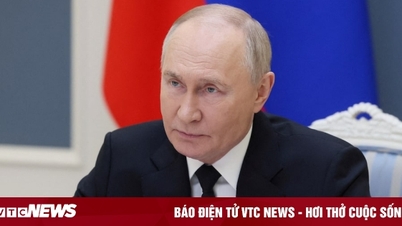













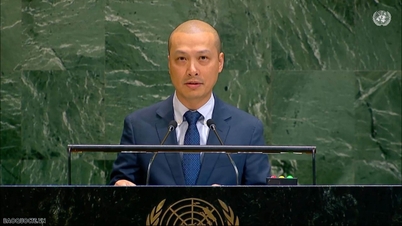

















































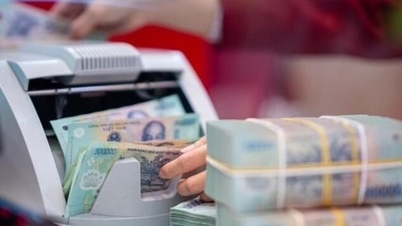




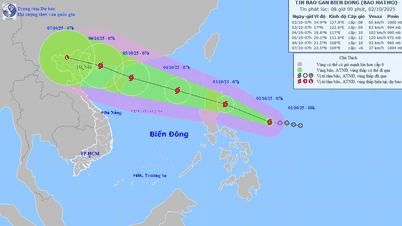














Comment (0)